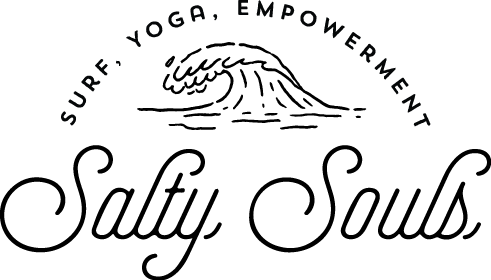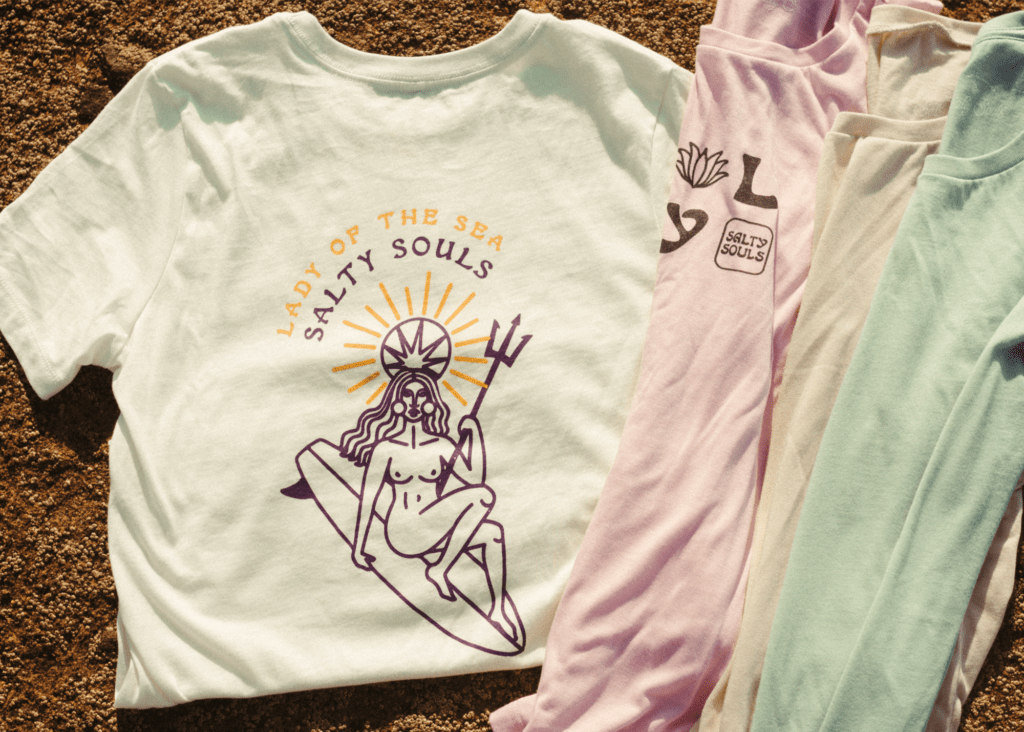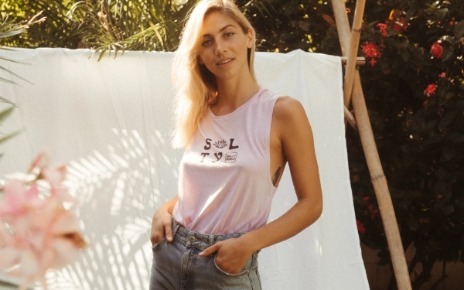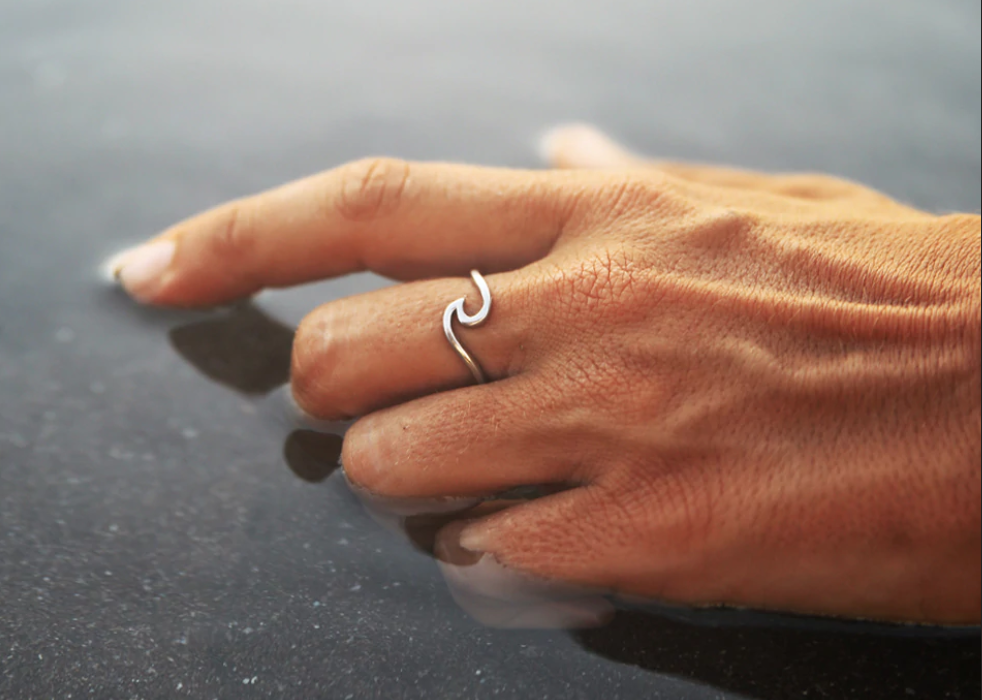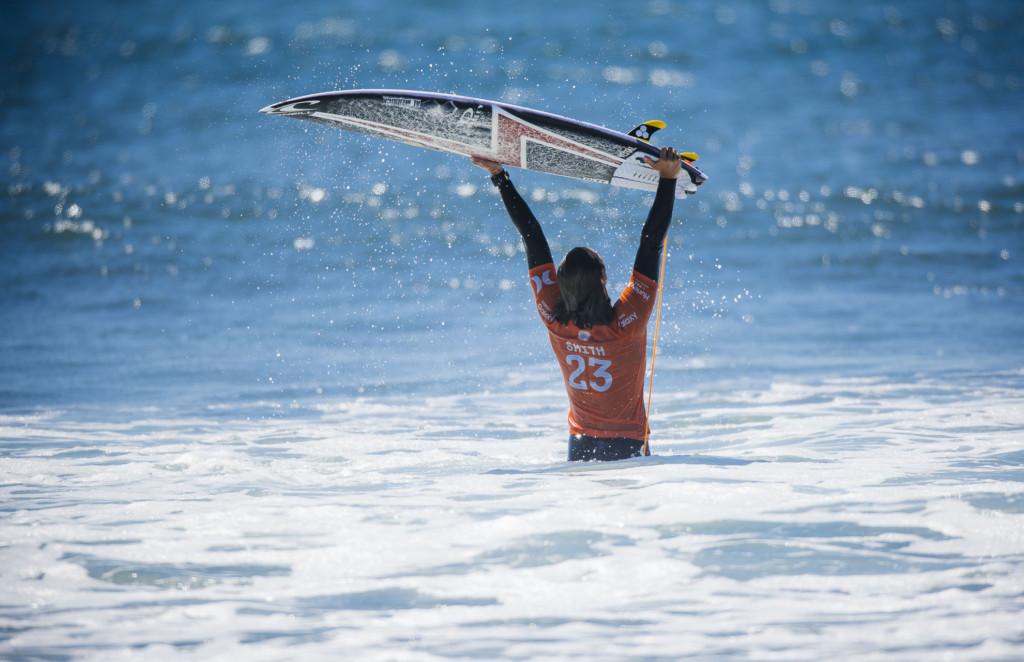This past summer I found myself in the tiny town, El Zonte, off the Pacific coast of El Salvador. I had spent close to a year living in the surf town of San Juan del Sur, Nicaragua a couple years before and left regretting not taking advantage of the proximity to the ocean. I had wanted to learn to surf. Badly. But I let my fear of failure consume me. Along with feelings of intimidation and (unreasonable) feelings of incapability due to me being a woman.
El Zonte: where the young girls shred
I arrived in El Salvador determined and seemingly unfazed by the experienced surfers around me. Instead I found myself in waves too big for my level and surrounded by almost only locals who speak minimal English. (The “off-season” is known for the larger swells that the rainy season brings as well as the lack of tourism. My Spanish improved, to say the least.) To my surprise, a good amount of these local surfers in this teeny-tiny town were females. And they were incredible.
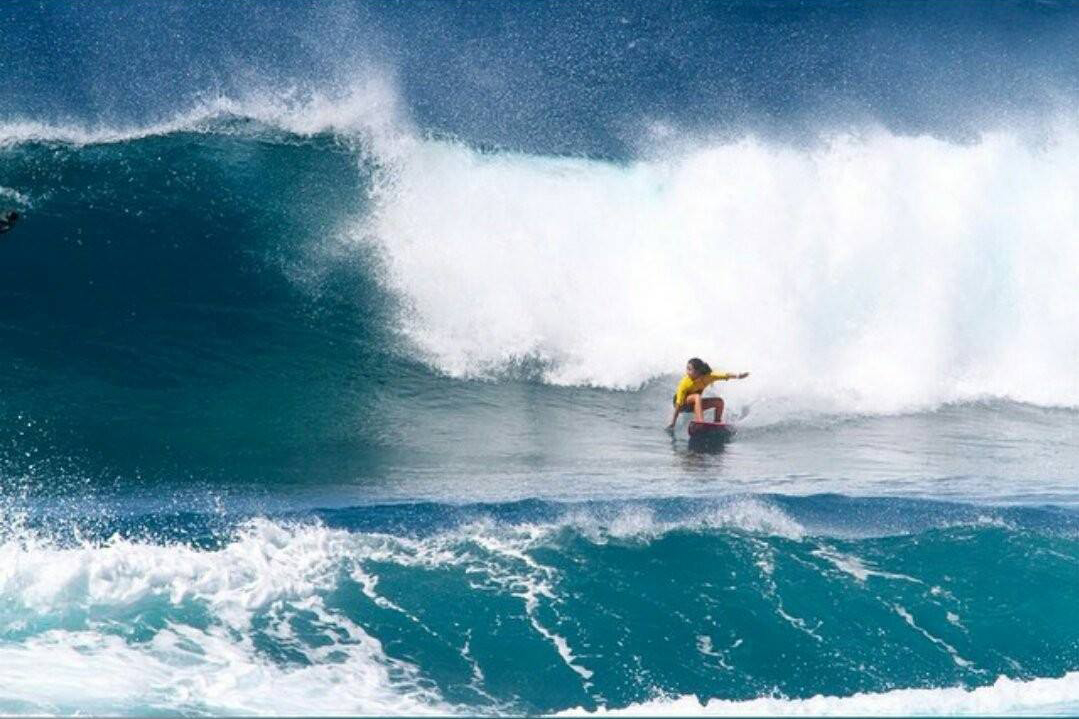
Meeting Brenda…. And her hot pink board
Brenda was one of the first female surfers I immediately admired. She first caught my eye with her hot pink board and next because she was only 15 years old. Her face seemingly never changed from its calm and collected demeanour, whether it was after her multiple hour session in the morning or her multiple hour session in the afternoon. Something my triceps, back muscles and lungs could not relate to. Our interactions consisted of me asking, “buenas olas? (“good waves?”)” and her nodding shyly. In an underdeveloped area with a machismo culture, Brenda represented a female fearlessness that even more developed countries lack.
“El surf es algo maravilloso. Mi consejo sería que sigan practicando y sigan adelante. Nada es imposible. Lo más bonito del surf es que todo es posible.”
“Surfing is so beautiful. My advice would be to keep practicing and keep on going. Nothing is impossible. The beautiful thing about surfing is that everything is possible.”
Everything is possible
Brenda hopes to one day compete and travel to different countries like her aunt, Noemi Centeno, who is known as one of the best female surfers in El Salvador. Unfortunately, poorer countries have a more difficult time obtaining sponsorships to support these athletes. In the surf culture, countries like the United States and Australia are heavily represented making traveling to competitions simple. In a country like El Salvador, traveling to a competition in Costa Rica might be out of a Salvadorans budget. The industry has some serious flaws in allowing equal representation for these talented athletes. You can read about the same problems in Ecuador here.
This post originally appeared on Women of the World, an ongoing portrait series of the strong and powerful women of the world.

